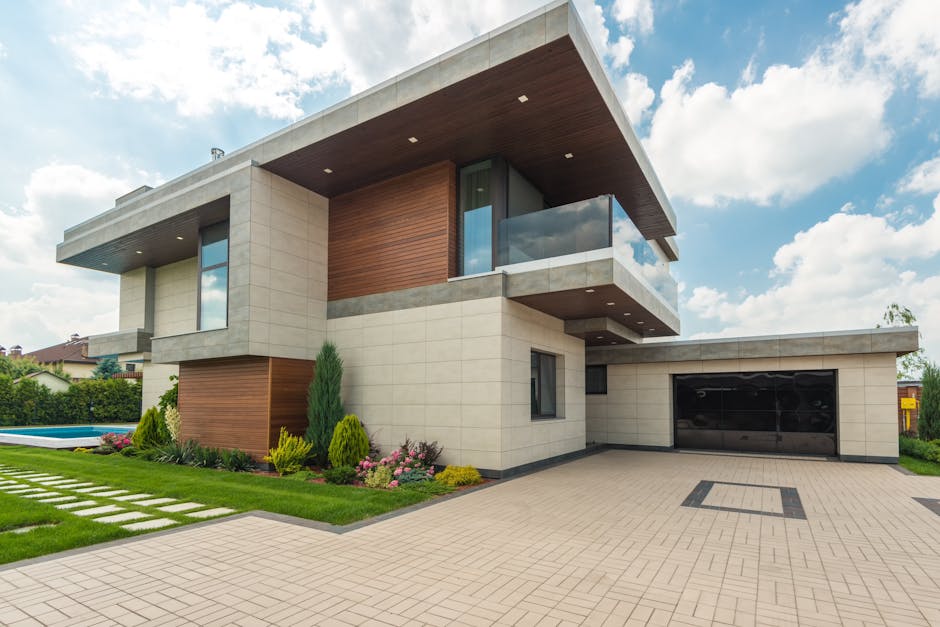Effective Pricing Strategies for Your Home
Effective Pricing Strategies for Your Home
Blog Article

When it comes to selling a home, having a solid strategy is essential for achieving the best possible outcome. The process involves more than just putting a sign in the yard; it requires careful planning, effective marketing, and an understanding of buyer psychology. By employing effective home selling strategies, sellers can maximize their profit and expedite the selling process. In this article, we will explore several key aspects of home selling, including pricing, staging, marketing, and negotiation techniques that can help you on your journey.
Effective Pricing Strategies for Your Home
One of the most critical elements of selling a home is setting the right price. An effective pricing strategy begins with a thorough assessment of your home's market value. Start by researching comparable properties in your neighborhood that have recently sold. Consider factors such as location, size, and condition to determine a competitive price point. It may also be beneficial to consult with a real estate professional who can provide insights into local market trends and pricing strategies.
Additionally, consider the psychological aspects of pricing. For instance, pricing your home just below a round number (e.g., $299,000 instead of $300,000) can create a perception of value. Keep in mind that overpricing can deter potential buyers, while underpricing may lead to missed opportunities for profit. Striking the right balance is key to attracting interest and facilitating a successful sale.
Staging Your Home for Maximum Appeal
Once you have established a competitive price, the next step in your home selling strategies should focus on staging. Staging your home involves creating an inviting and appealing atmosphere that allows potential buyers to envision themselves living in the space. Start by decluttering and depersonalizing your home. Remove excess furniture, personal photos, and items that may distract from the home's features.
Consider making minor repairs and updates to enhance your home's appeal. Fresh paint, clean carpets, and well-maintained landscaping can make a significant difference. Additionally, use neutral colors and tasteful decor to create a welcoming environment. Proper lighting is also essential; ensure that your home is well-lit to highlight its best features. By investing time and effort into staging, you can create an emotional connection with buyers, making them more likely to make an offer.
Marketing Techniques to Reach Potential Buyers
In today’s competitive real estate market, effective marketing is crucial for attracting potential buyers. Start by creating high-quality online listings that showcase your home’s best attributes. Utilize professional photography to capture stunning images of both the interior and exterior. Compelling descriptions that highlight unique features and nearby amenities can also draw interest.
In addition to online listings, consider leveraging social media platforms to reach a broader audience. Share photos and information about your home on various social media channels, and encourage friends and family to spread the word. Open houses can also be an effective marketing technique, allowing potential buyers to experience your home in person. Promoting the open house through local advertisements and online platforms can help generate traffic and interest.
Negotiation Tips for Home Sellers
Once you receive offers on your home, effective negotiation becomes essential in securing the best deal. Start by evaluating each offer carefully, considering not only the price but also the terms and conditions attached. It’s important to remain open yet firm during negotiations. Be prepared to counteroffer and communicate your priorities clearly to potential buyers.
Understanding the buyer's motivation can also provide leverage during negotiations. If a buyer is particularly eager to close quickly, you might have room to negotiate a better price. Additionally, maintaining a positive and professional demeanor throughout the negotiation process can foster goodwill, making it more likely that both parties will reach a satisfactory agreement.
In summary, successful home selling strategies encompass effective pricing, thoughtful staging, strategic marketing, and skillful negotiation. By applying these principles, you can enhance your chances of a successful sale and achieve your desired outcomes. Whether you’re selling your first home or your fifth, these strategies remain relevant and effective for any seller in the real estate market. For additional insights and support, consider reaching out to local real estate professionals who can guide you through the process.
Report this page